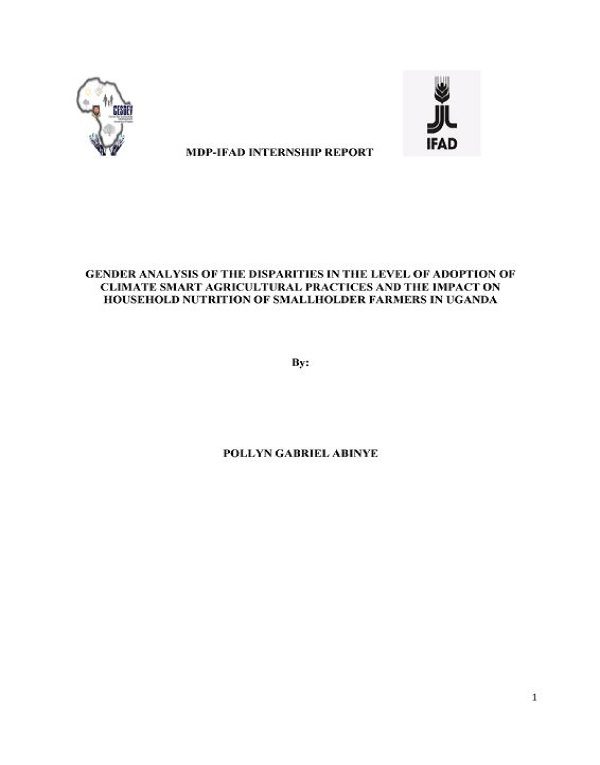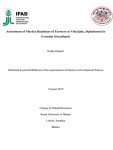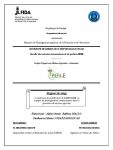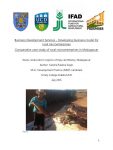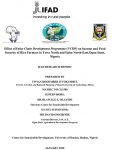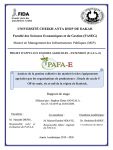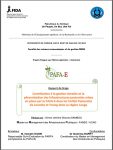Gender Analysis Of The Disparities In The Level Of Adoption Of Climate Smart Agricultural Practices And The Impact On Household Nutrition Of Smallholder Farmers In Uganda
- Report Release Date
- Project Country
- MDP Program
- Project Name
- Author(s)
- Download

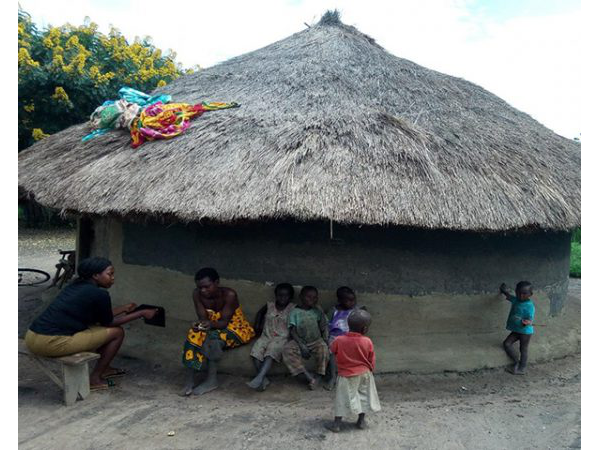
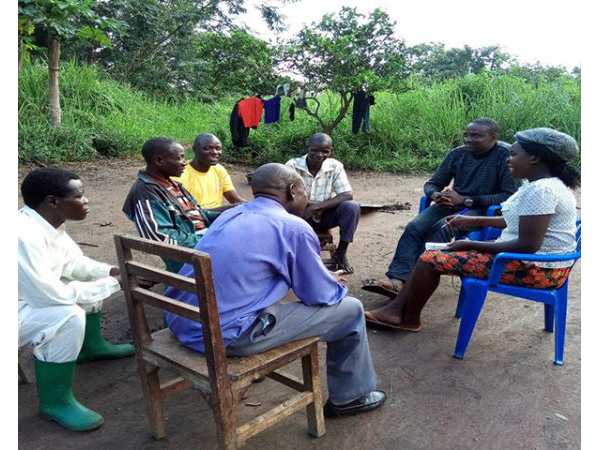
The global demand for food and agricultural products is fast increasing because of a growing global population and changing diets. Production is low as crop yields fall in many parts of the world, especially developing countries in Africa, due to their total dependence on natural resources and agriculture, yet extremely vulnerable to climate change. These result in tragic crop failures, reduced agricultural productivity, increased hunger and gender inequality, malnutrition and diseases. Climate smart agriculture (CSA) has been identified as an important pathway to achieve agricultural development priorities in the face of climate variability and change, and serves as a bridge to other development priorities, including gender inequality. Despite the gains arising from CSA, adoption is low among smallholder farmers and its impact on nutrition security is not fully known in Africa. This research was initiated to investigate gender disparities in the adoption of CSA practices and the impact on household nutrition of smallholder farmers using Uganda as case study.
| File | Action |
|---|---|
| 2017_Gabriel_Pollyn_UofIbadan_Uganda | Download |


